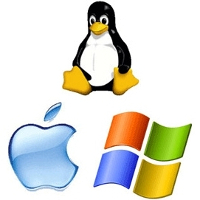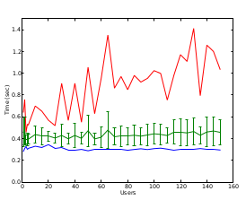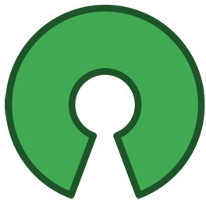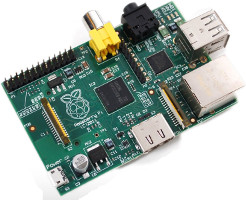WebLab-Deusto is designed to ease the development of remote laboratories. It provides APIs and different approaches to include new or exisiting remote labs. Every remote lab developed with WebLab-Deusto will benefit from the features detailed below, as well as by those features implemented in the future.
Instructions on how to install and customize the system and how to create new labs is available in our documentation website:
http://weblabdeusto.readthedocs.org/
WebLab-Deusto enables you to share your labs with other institutions, as well as consume labs deployed in other institutions. So as to do this, the provider WebLab-Deusto system enables the consumer to access certain labs with certain privileges (e.g., maximum slot time or priority).
WebLab-Deusto stores what students did in the laboratory (who accessed to which lab, when, what activities were done) to enable analytics.

WebLab-Deusto provides web administration tools so administrators can manage users, labs or permissions, and track the usage performed by students.

WebLab-Deusto laboratories can be accessed from Learning Management Systems (LMSs, such as Moodle or Sakai) in a secure way, relying on the LMS for authentication and authorization (e.g., who is in the course). See more information in the gateway4labs initiative.

WebLab-Deusto guarantees exclusive access to the laboratories through a priority queue subsystem. It can be customized to support multiple concurrent (optionally collaborative) users to a single laboratory.

APIs are provided so lab developers can create alternative user interfaces for mobile devices. Try for instance the logic lab.

Users can be authenticated validating their credentials with a password securely stored in the database. However, WebLab-Deusto also supports LDAP (a directory protocol popular in universities), OAuth 2.0 (e.g., Facebook) or OpenID. Furthermore, it is extensible, so developers can adapt it for other institutions.

WebLab-Deusto provides programmable external interfaces and internal plug-in systems. This makes it possible to integrate WebLab-Deusto labs in third party systems or to embed external labs in WebLab-Deusto. For instance, there are bidirectional bridges with the iLab Shared Architecture or with the UNR (Universidad Nacional de Rosario, Argentina) FCEIA Physics lab.

WebLab-Deusto is supported for GNU/Linux, Mac OS X and Microsoft Windows systems. It additionally should run on other operating systems, such as BSD.

WebLab-Deusto scales up in three dimensions. First, it can scale up the number of students in a single institution by adding more servers and balancing the load of users among them. Second, it can scale up the number of students by accessing to different copies of the laboratory in different federated institutions. Third, it scales in the number of laboratories supported in a local deployment.

WebLab-Deusto is Open Source (BSD 2-clause license) and it requires exclusively Open Source technologies. It also supports proprietary technologies for optional extensions.

WebLab-Deusto supports common scale deployments (e.g., MySQL, Redis and Apache in multiple servers). However, it also supports running the whole system in lightweight, low cost devices (such as Raspberry Pi).